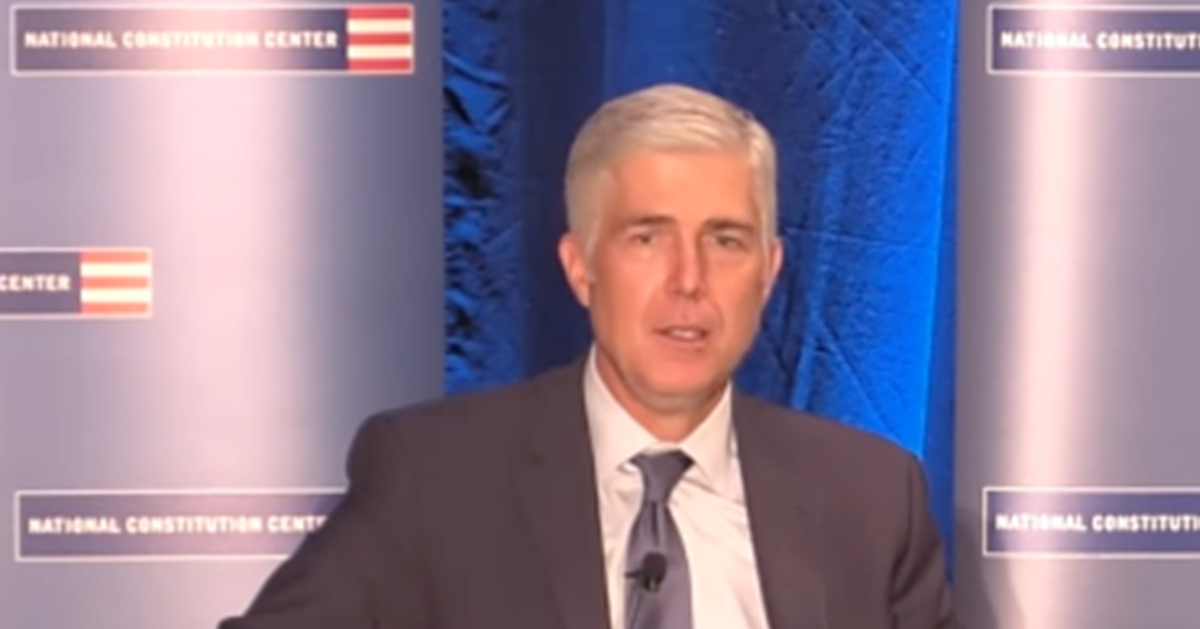Historian calls for end to traditional Presdent's Day observances
In a thought-provoking discussion on Presidents' Day, a prominent presidential historian has suggested that the holiday should focus on recognizing specific achievements of U.S. presidents rather than celebrating their birthdays.
Lindsay Chervinsky, who serves as the executive director of the George Washington Presidential Library, expressed her belief on MSNBC that marking the birthdays of presidents is somewhat comparable to the tradition of celebrating a king's birthday, suggesting that this practice might not be suitable for a democratic system like the United States, as Fox News reports.
Chervinsky's appearance on MSNBC occurred on the third Monday of February, which coincides with Presidents' Day. The holiday originally aimed to commemorate George Washington's birthday on Feb. 22.
During her segment on the network, Chervinsky articulated her vision for what she believes Presidents' Day should represent.
Presidents' Day History and Origins
Presidents' Day, which is celebrated annually in February, has evolved from recognizing the birthday of George Washington to encompassing a broader celebration of all U.S. presidents. This shift has sparked debates about how the day should be observed.
During her discussion, Chervinsky highlighted the importance of focusing on the specific actions taken by past presidents.
She cited examples like Washington's decision to relinquish his military command, thus avoiding a military dictatorship, and Lincoln's Emancipation Proclamation, which was a watershed moment in American history.
Concerns About Nature of Celebration
Chervinsky criticized the notion of celebrating presidents merely for existing and compared it to the historical practice of venerating monarchs.
She argued, "It is a little bit silly," pointing out that the tradition of birthday celebrations comes from the days of honoring kings. This approach, she noted, may lead to the belief that presidents should not be criticized or held accountable, which can be problematic.
Speaking further, Chervinsky said, "Let's celebrate Washington returning his command." She also emphasized the importance of recognizing "things that they actually had control over."
Public Response and Current Context
The discussion about Presidents' Day took place against a backdrop of nationwide protests against former President Donald Trump's policies on the same day.
Demonstrations were seen outside the Capitol in Washington, D.C., highlighting ongoing political tensions and divergent views on presidential responsibilities.
Ali Vitali, the MSNBC host, contributed to the discussion by pointing out that Trump had recently quoted Napoleon. She noted that Trump's quote seemed to reinforce the idea of viewing presidential actions uncritically. This context added another layer to the conversation initiated by Chervinsky's remarks.
Calls for Reflection and Reevaluation
Chervinsky made a case for the importance of appreciating the "really excellent skills" that some presidents have demonstrated. However, she underscored the necessity of examining these figures analytically. "I think if we think of a president as someone to celebrate just because they exist...then you kind of...it does evolve into that argument that they can do no wrong," she cautioned.
In dissecting the holiday's current form, Chervinsky's arguments invite Americans to reflect on how the celebration of presidents aligns with democratic values. Her insights raise essential questions about how society remembers leaders and the lessons drawn from their tenures.
Future Directions for Holiday Observance
As debates about the nature of Presidents' Day continue, Chervinsky's perspective opens up a broader discourse on how historical milestones and achievements can be appropriately acknowledged. Her proposition of acknowledging specific presidential acts challenges the traditional format of the holiday.
Retaining a focus on accomplishments rather than personalities, Chervinsky advocates for a more nuanced appreciation of presidential roles. Her views prompt consideration on how future observance of Presidents' Day might unfold, potentially leading to reforms in its celebration.
In conclusion, Lindsay Chervinsky's views on Presidents' Day come at a pivotal moment when the role of presidents in history and current affairs is being scrutinized. Her proposal to shift the focus from individuals to their significant actions could reshape perceptions of the holiday and offer a fresh framework for honoring America's leaders.



